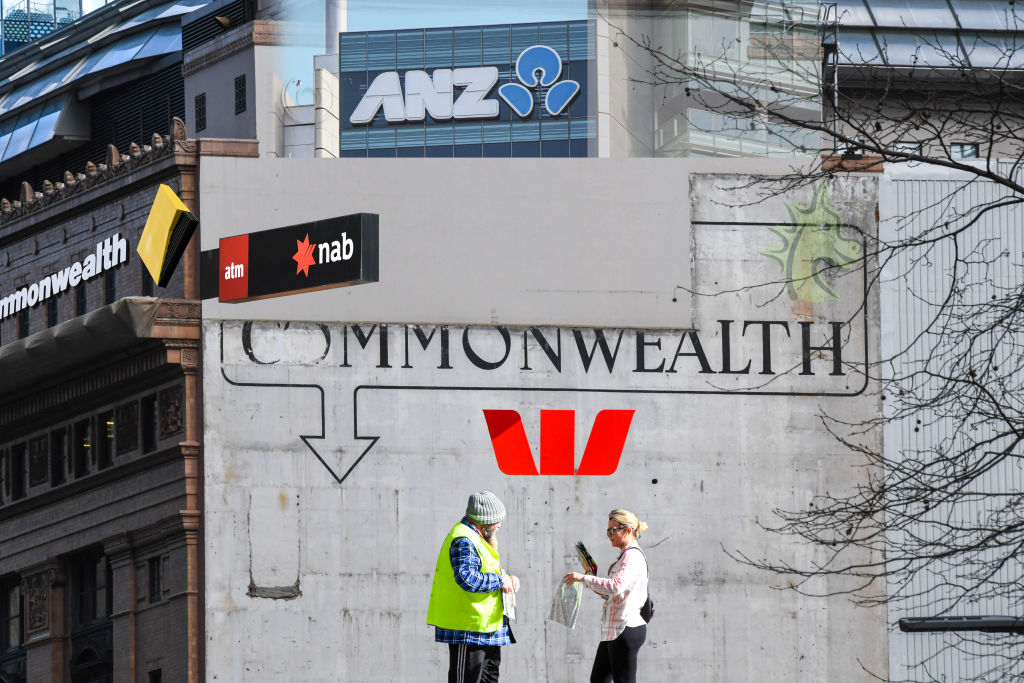Overhauling responsible lending laws will increase household debt, push property prices up: experts

New rules making it easier to get a home loan will risk Australians taking on more debt and also push up house prices, industry experts warn.
Federal Treasurer Josh Frydenberg announced on Friday plans to overhaul responsible lending laws in a bid to allow banks to lend money to customers more easily.
He said responsible lending obligations had become too burdensome, limiting the number and speed of home loans approved during a recession when credit needed to flow more freely.
It comes just two years after the financial services royal commission put the banks in the public spotlight for questionable consumer lending practices, forcing tighter lending policies.
In one case, the commission heard National Australia Bank home loan applications were “adjusted” by under-reporting living expenses to get customers approved. In another, the commission heard a Bank of Melbourne customer was sold a car loan they were unable to repay.
But Financial Rights Legal Centre chief executive, and opening witness to the royal commission, Karen Cox said the winding back of the laws was unnecessary and bad timing.
“There is a lot of room within the existing laws for the lenders to have a flexible and efficient process,” she said. “This is not the time to be winding back consumer protection in relation to responsible lending.
“In the current environment you have people who don’t have enough income [to service repayments] … the last thing we want is they have access to additional debt. That’s kicking the problem down the road.”
She said there was strong growth in owner-occupier home loans and personal loans during the COVID-19 pandemic and said the banks had used the crisis to lobby the government to deregulate responsible lending.
“The lenders have been trying to wind this back from the day it came in … They’re using the COVID crisis as an opportunity to wind this back,” she said.
Ms Cox and three other leading consumer rights groups, including CHOICE and Financial Counselling Australia, slammed the government’s proposal, saying it would encourage risky lending behaviour again.
The Agency chief executive Matt Lahood said there was also the potential that relaxed lending rules could push property prices up.
“Initially it will [push up prices]. More buyers will attempt to get finance. I think it’ll spur buyers … if those people start getting approved then you’ve more buyers on more properties, then properties will be snapped up quicker which often pushes prices up,” he said.
“[The Treasurer] is trying to get the market moving again.”
Real Estate Institute of Australia president Adrian Kelly said the move would improve buyer demand, meaning prices have “less chance to fall”.
And Property Council of Australia chief executive Ken Morrison said the change “will help more Australians buy or invest in property”, adding that it would improve housing supply and affordability.
The peak bank lobby group Australian Banking Association also backed the proposal with chief executive Anna Bligh saying it struck the right balance between maintaining strong consumer protections while providing credit into the economy at a critical time.
Bank shares rose, with CBA up 3 per cent, Westpac up 7.4 per cent, ANZ up 6.3 per cent and NAB up 6.9 per cent.
University of Melbourne finance professor Kevin Davis said while the devil would be in the detail, it could be a risk.
“Given that the royal commission is fresh in memories, you wouldn’t see a splurge in lending from the banks,” Mr Davis said. “But five years down the track, when memories fade, who knows?”
But he suggested the responsible lending laws may have swung too far, noting the landmark “wagyu and shiraz” judgment that ruled borrowers could cut back on spending when they bought a home to meet mortgage repayments.
“If people want to borrow money to buy something like a house, they probably do need to cut back their level of consumption to meet their repayment obligations,” Mr Davis said.
“We may have gone previously too far in the sense of putting all the responsibility on the lender rather than the borrower to ensure the loan is suitable.”
Several stories emerged in recent years of loan applicants’ expenses being scrutinised, with a laser focus by bankers on food delivery spending, coffee purchases or Netflix subscriptions. Loan approval times were blowing out by months up until a few months ago.
UNSW professor of economics Richard Holden said the responsible lending reform went too far which was damaging to both borrowers and lenders.
“You’re having people to justify Netflix and Uber, which is ridiculous … they were overly cautious for fear of litigation down the track,” Mr Holden said. “I think we’ve had too few loans taken out. This pushes it back in the right direction.”
We recommend
We thought you might like
States
Capital Cities
Capital Cities - Rentals
Popular Areas
Allhomes
More










